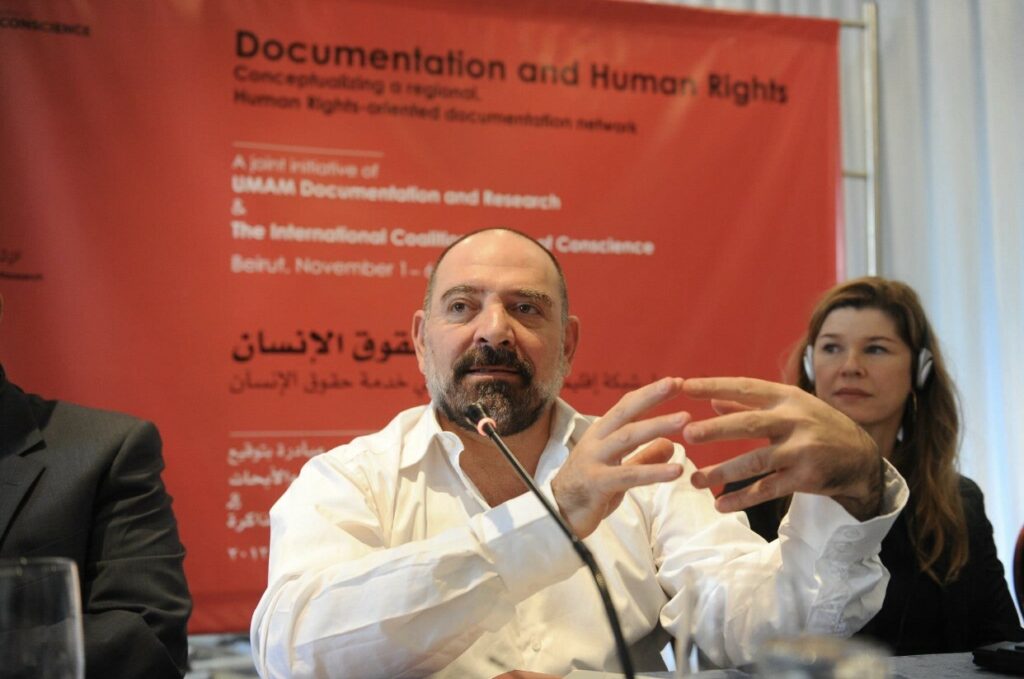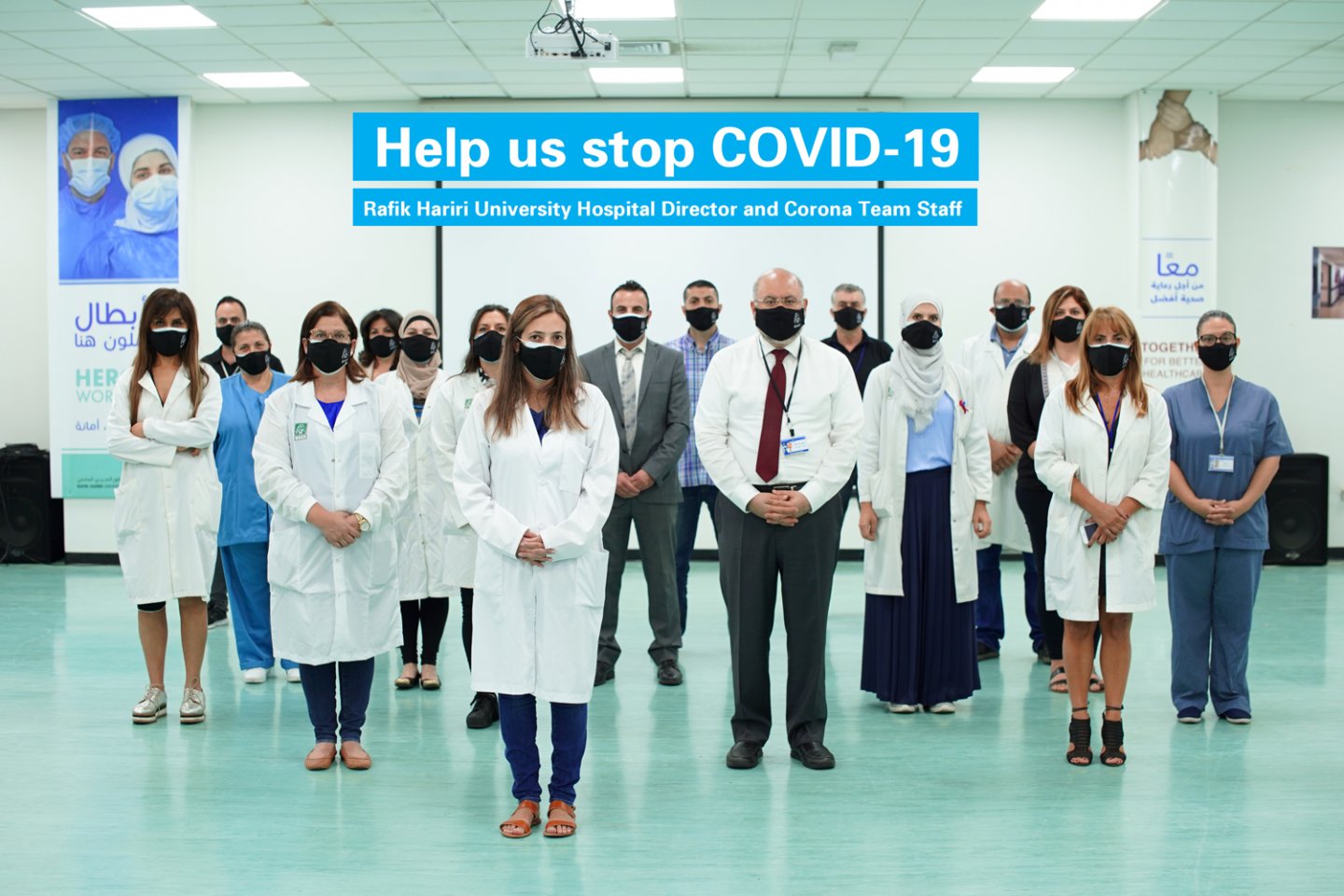
by arabnews.com -- Najia Houssari -- BEIRUT: In anticipation of US Envoy for Energy Affairs Amos Hochstein’s expected visit to Lebanon next week to discuss maritime border demarcation, Lebanon sent a letter to the UN “to shift negotiations on the southern maritime border from Line 23 to Line 29, while retaining the right to amend Decree No. 6433 in the event of reluctance and failure to reach a fair solution.” The letter explicitly states that “the area between lines 1 and 23 to the area between lines 23 and 29, with an increase of 1,430 square km in addition to the previous 860 square km, is the disputed area, including the Karish gas field.” In this letter, Lebanon does not abide by the “oil field in exchange for an oil field” negotiation principle, i.e. the Qana field in favor of Lebanon versus the Karish field for Israel. Rather, it includes a clear indication that the Karish field “is a disputed area, and Israel cannot continue its exploration operations nor begin extraction operations.”
Lebanon’s letter stresses that “the Israeli action in that disputed area endangers international peace and security.” This development is considered an escalation by Lebanon to speed up indirect negotiations with Israel, which are being handled by the US under UN auspices. The letter, addressed under the guidance of President Michel Aoun to the president of the Security Council on Jan. 28 and whose contents were just made public, stipulates that Lebanon adheres to its right to an area of 2,290 square km and not 860 square km only. A political observer told Arab News that Aoun had sent the letter to the government but did not receive a response approving or objecting to it. “The letter included a veiled threat aimed at accelerating negotiations and making achievements before Aoun’s mandate ends, and perhaps opening closed political doors for his son-in-law, MP Gebran Bassil, to recommend him as his successor,” the observer said. The letter read: “Out of respect for the principle of the ‘negotiating path’ that was not reached after the indirect negotiations, one cannot claim that there is a proven Israeli exclusive economic zone, contrary to what the Israeli side claimed regarding the so-called Karish field.”
*بيان صحفي لمجلس الأمن حول لبنان* https://alhadeel.net/article/323037/ البيان يطالب لبنان التقيد باعلان بعبدا للاطلاع ان البيان الصحفي في مجلس الامن يتطلب موافقة ١٥ …

One year after the murder of Lokman Slim, a Lebanese journalist and political analyst who had been threatened by Hezbollah activists for months, Reporters Without Borders (RSF) has referred the decline in the security of journalists in Lebanon to the UN and has asked it to ensure that the authorities take all necessary measure to protect them and guarantee their safety. Slim was found dead near his car exactly one year ago, on 4 February 2021, after setting off for his home in Beirut. Despite the many reasons for suspecting Hezbollah members, who had threatened him for months because of his criticisms, the investigation never got any leads on the identity of his killers in order to bring them to justice.
RSF therefore formally referred Slim’s murder, and the cases of 27 other journalists who have been the victims of serious threats or acts of violence, to the United Nations at the end of January, in order to sound the alarm about the disturbing decline in press freedom and journalists’ safety in Lebanon since October 2019. In its “allegation letter” to the three UN Human Rights Council special rapporteurs on extrajudicial executions, freedom of expression and violence against women, RSF urges the UN to press the Lebanese authorities to guarantee the safety and protection of journalists, whose working environment has declined sharply since the start of anti-corruption protests in October 2019 and the Beirut port explosion in August 2020. “Independent, impartial and thorough investigations must be carried out into all acts of violence and crimes against journalists,” said RSF advocacy director Antoine Bernard. “Journalists are paying a high price for the culture of impunity that prevails in Lebanon. It is essential that those responsible for these crimes are identified, prosecuted and convicted.”

By Najia Houssari -- arabnews.com -- BEIRUT: Hospital emergency departments have been mired in violence and a dentist was killed in his clinic in a week that saw violent crime rise in Lebanon. Violence has not been limited to medical workers, with a child kidnapped from his mother and organized armed gangs running riot in various regions. The Syndicate of Hospitals in Lebanon said it fears that hospitals could become a “punching bag” for a frustrated populace struggling through the economic crisis. Doctors have claimed that several of the security incidents relate to rising hospital bills. Other incidents have seen Lebanese attempting to claim their rights by force, such as obtaining an unavailable bed in a hospital or claiming a cash deposit held by the bank.
Among the capital’s hospitals, Al-Makassed endures attacks on the medical, nursing and administrative staff more than any other, particularly in the emergency department. The hospital administration said a few days ago that the attacks were committed by “barbarians who are insulting, beating and threatening the ER doctors in an unexpected way.” The hospital has closed its ER until the medical body is provided with security. Less than 24 hours after a violent outbreak in the Beirut hospital, the same scenario took place in Sheikh Ragheb Hareb University Hospital in Nabatieh, where Hezbollah and the Amal Movement are extremely powerful. Vandals smashed up the ER department and medical staff were beaten while attempting to care for a patient. The cameras showed the parents of the patient and the nursing staff quarreling, which escalated into fighting, resulting in a number of injuries and the destruction of some medical equipment.
Khazen History


Historical Feature:
Churches and Monasteries of the Khazen family

St. Anthony of Padua Church in Ballouneh
Mar Abda Church in Bakaatit Kanaan
Saint Michael Church in Bkaatouta
Saint Therese Church in Qolayaat
Saint Simeon Stylites (مار سمعان العامودي) Church In Ajaltoun
Virgin Mary Church (سيدة المعونات) in Sheilé
Assumption of Mary Church in Ballouneh
1 - The sword of the Maronite Prince
2 - LES KHAZEN CONSULS DE FRANCE
3 - LES MARONITES & LES KHAZEN
4 - LES MAAN & LES KHAZEN
5 - ORIGINE DE LA FAMILLE
Population Movements to Keserwan - The Khazens and The Maans
ما جاء عن الثورة في المقاطعة الكسروانية
ثورة أهالي كسروان على المشايخ الخوازنة وأسبابها
Origins of the "Prince of Maronite" Title
Growing diversity: the Khazin sheiks and the clergy in the first decades of the 18th century
Historical Members:
Barbar Beik El Khazen [English]
Patriach Toubia Kaiss El Khazen(Biography & Life Part1 Part2) (Arabic)
Patriach Youssef Dargham El Khazen (Cont'd)
Cheikh Bishara Jafal El Khazen
Patriarch Youssef Raji El Khazen
The Martyrs Cheikh Philippe & Cheikh Farid El Khazen
Cheikh Nawfal El Khazen (Consul De France)
Cheikh Hossun El Khazen (Consul De France)
Cheikh Abou-Nawfal El Khazen (Consul De France)
Cheikh Francis Abee Nader & his son Yousef
Cheikh Abou-Kanso El Khazen (Consul De France)
Cheikh Abou Nader El Khazen
Cheikh Chafic El Khazen
Cheikh Keserwan El Khazen
Cheikh Serhal El Khazen [English]
Cheikh Rafiq El Khazen [English]
Cheikh Hanna El Khazen
Cheikha Arzi El Khazen
Marie El Khazen